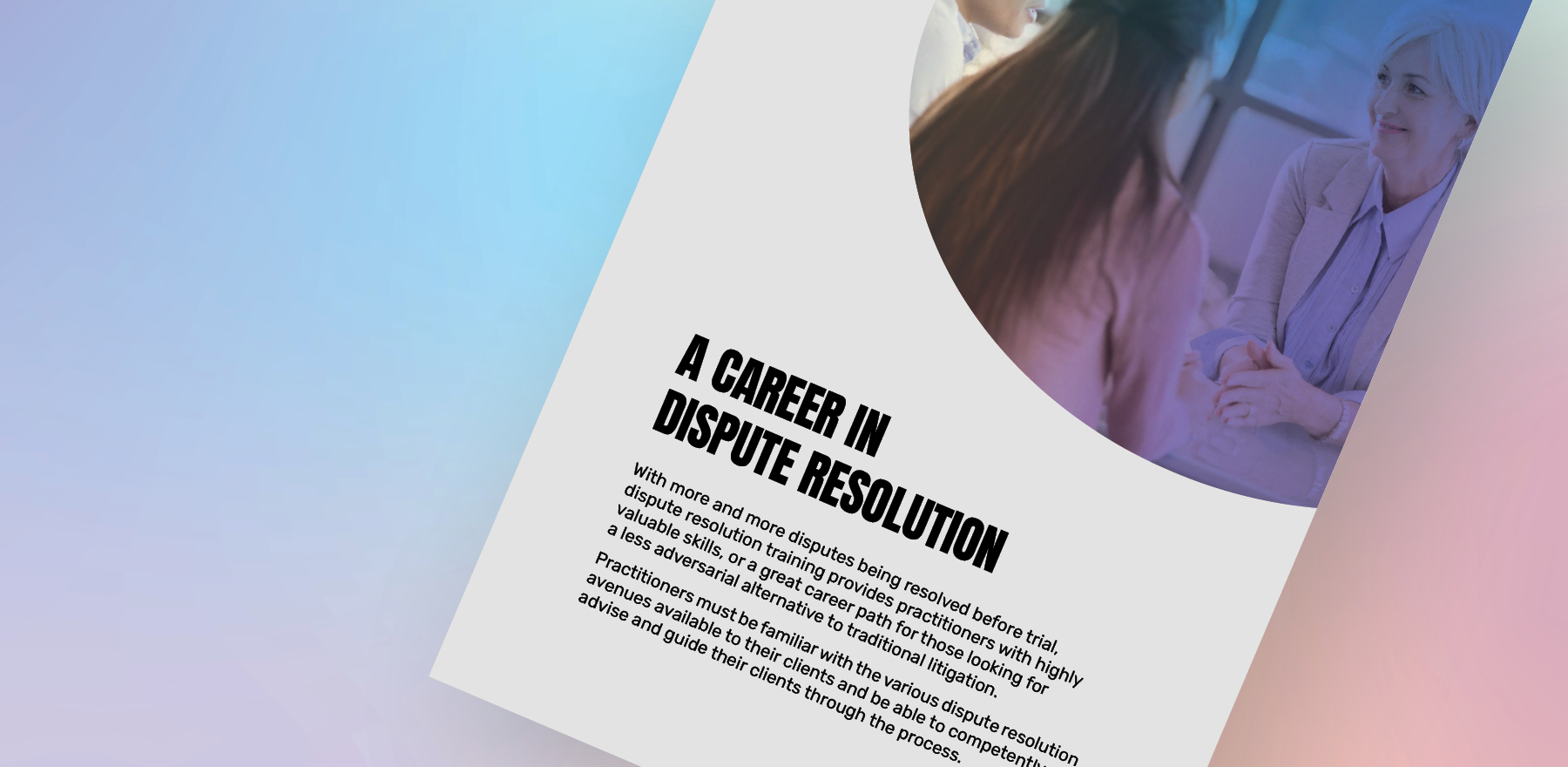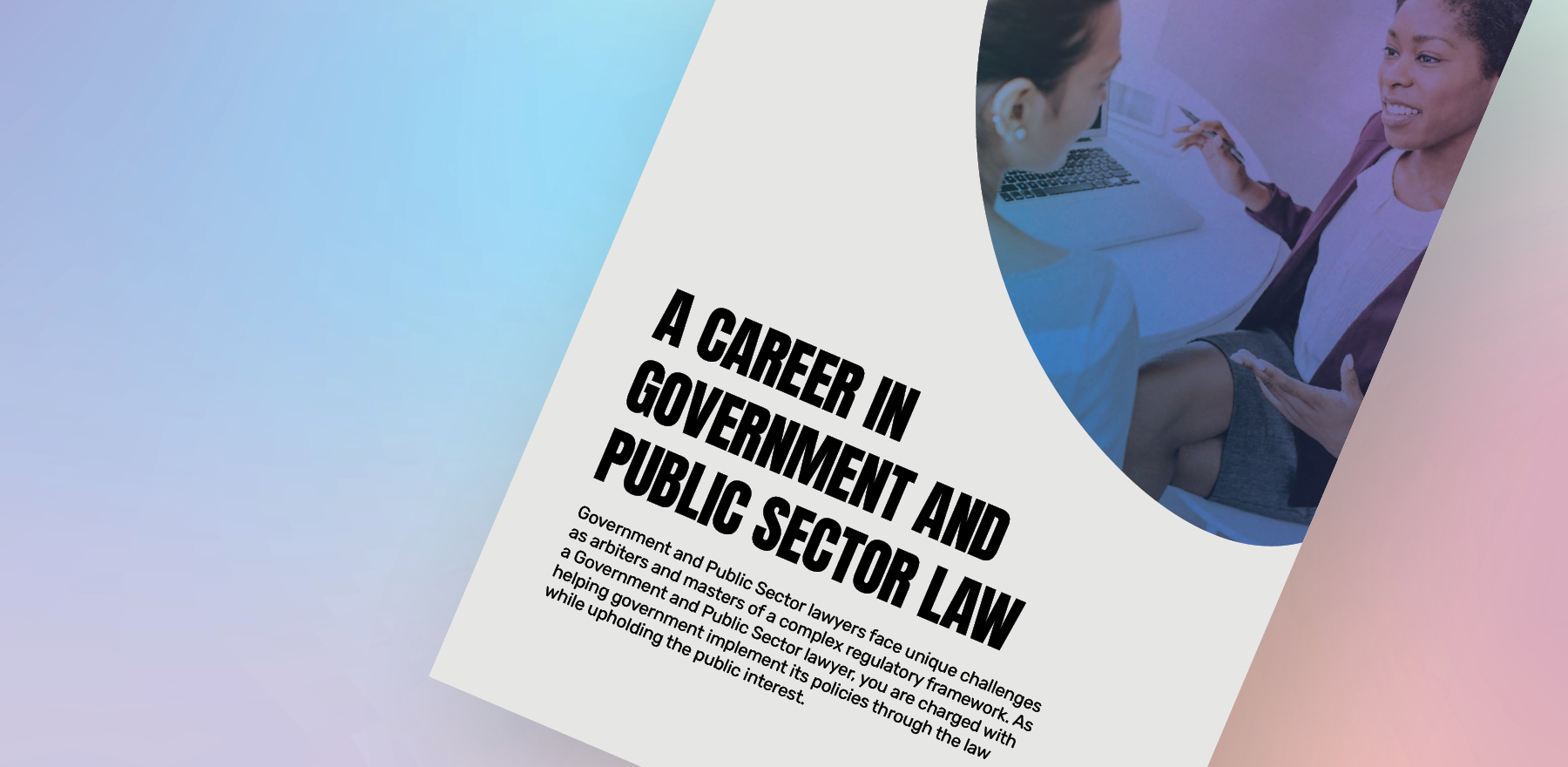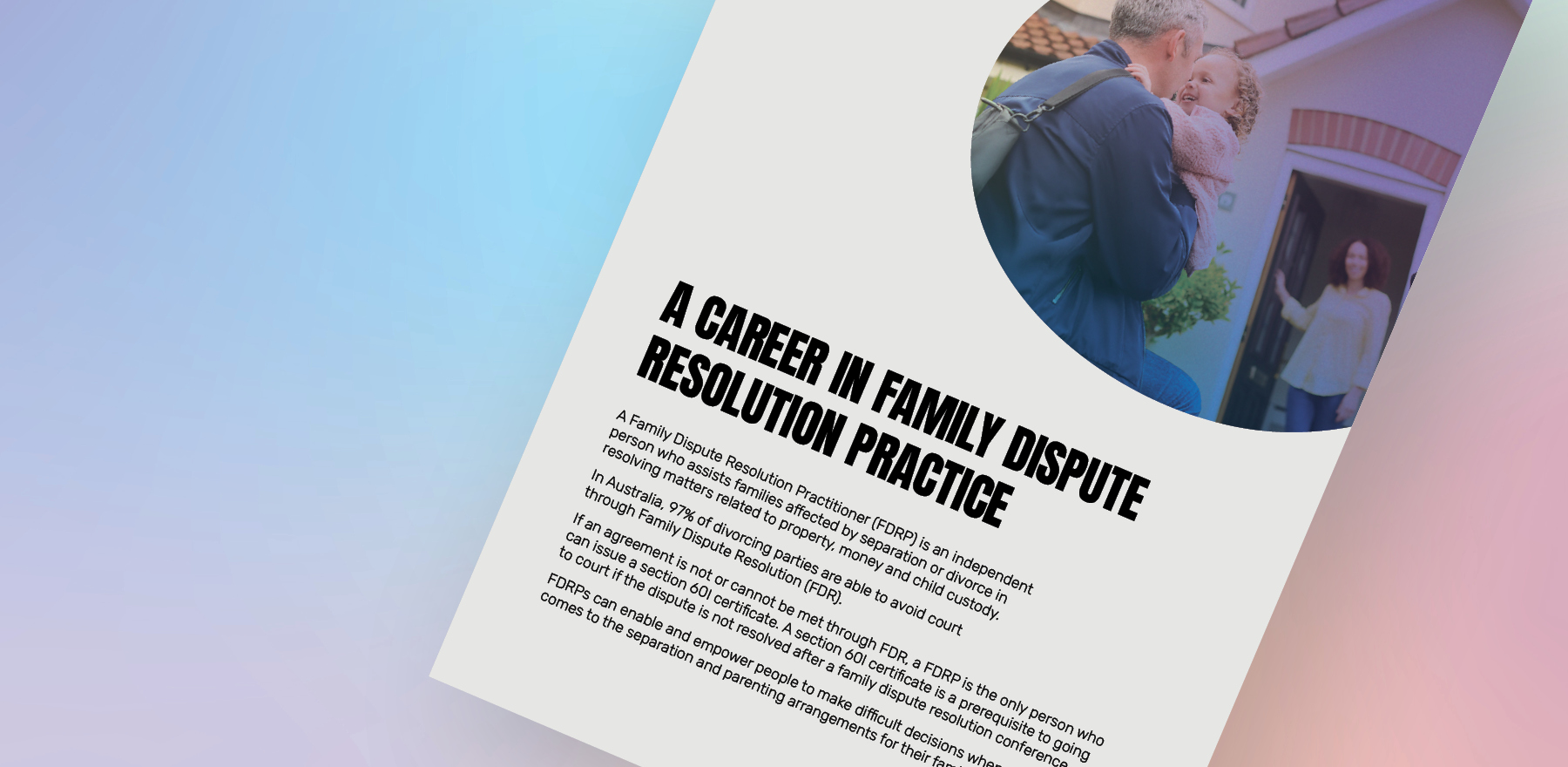Smartphones, tablets, laptops, smart watches… this list of digital devices that would purportedly make us more connected and more in touch with our world continues to expand. Where we might once have fantasised about a tropical holiday while commuting to work or reading a book for leisure, now for the sake of efficiency and productivity, or perhaps habit, we are answering those emails that require only a short response perhaps to save time later…? Save time for what…dare we ask? And those quick response emails, they keep us at work.
As we increase our use of digital devices for leisure and pleasure, in our work for the sake of responsiveness, the expectation that we ought to be contactable for ‘a quick query’ grows. Furthermore, as a “natural” extension, we also ought to be available and willing to respond on demand, particularly when ‘everyone is doing it’. Are they really? Ought we to maintain this norm?
Some of us may continue to hold a romanticised view that technological gadgets and devices are making our life easier and simpler, yet a trawl through social media and your own inbox tells a different story. Somewhere along the way, we have become accustomed to sending emails at the crack of dawn and wondering why a reply was not immediately forthcoming. Somehow checking our social and professional media becomes an imperative; not doing so—anxiety provoking.
Whatever the cause/s, it is clear we who live relatively busy lives as lawyers in high pressured environment need to identify our priorities. Know our limits. Assuming that we are able to create a list of priorities and rank them, how then do we go about implementing them? How do we tell our supervisors we have a dinner date with our spouse that we choose to prioritize over work? That it is already 7.30 pm, for goodness sake? How do we say ‘no’ to the work being delegated to us in the first place?
Here are 5 pointers on how to draw the line between work and the rest of life.
- Demonstrate self-love
Treat ourselves well, with respect and others will too. It is true. Or at the very least, they would think twice before disrespecting our boundaries. A request to stay back at work by the boss need not be met with resignation and resentment. Instead, inform them that … you have arranged a gym session for 8pm (reminding them that it is indeed late) or that you need to go grab dinner before your book club (thus informing that you do have other things in life besides work). Most importantly, not being able to do something now doesn’t mean you can’t offer to do it another time. - Be assertive, not apologetic
We apologise when we are in the wrong. So unless you believe that you are wrong in setting boundaries that is, what is requested of you is reasonable and fitting within your job description, don’t apologize. Being assertive does not mean being aggressive, merely coming from a place of knowing we are entitled to say ‘no thanks’ calmly and confidently. - Leave the line of communication open
Seek to understand, and also be understood. Yes, as professionals, sometimes it is not easy to do as we wish. Most of us are dedicated in our careers and we strive for excellence. We also need to be flexible. Thus, allow space for conversation and negotiation.
Be open to the possibility that you may have to stay back and not able to be home for dinner with the kids tonight. The thing is, it is not about the ‘thing’ itself, but rather the feeling behind it. You will know when this ‘thing’ is happening too frequently or becomes regular or when you begin to feel the fatigue or mental or emotional drain. - Know what you want
Learning to draw the line is about values. What is valuable to me? Can I live with certain consequences? What am I willing to forgo or sacrifice?
And what of the other guy in the office who’s staying back, possibly racking up the ‘goodwill’, seemingly receiving the accolades of being the ‘hard worker’? Well, it’s about loving yourself and valuing your life. Need I say more? If you had wanted to live by someone else’ values then there would be no issue. - Be patient
It won’t happen overnight, but it will happen. Setting boundaries is not a one-off occasion, it is living by our values. They inform the way we live our lives and need to be reinforced time and time again. In the meantime, keep doing work that is meaningful to you.
Happy drawing lines!
Florence is a former dispute resolution lawyer. Florence believes self-awareness is crucial for resilience and wellbeing. A commitment to health and wellbeing in legal practice is vital for a thriving profession.


































![How to handle Direct Speech after Gan v Xie [2023] NSWCA 163](https://images4.cmp.optimizely.com/assets/Lawyer+Up+direct+speech+in+drafting+NSW+legislation+OCT232.jpg/Zz1hNDU4YzQyMjQzNzkxMWVmYjFlNGY2ODk3ZWMxNzE0Mw==)



























































